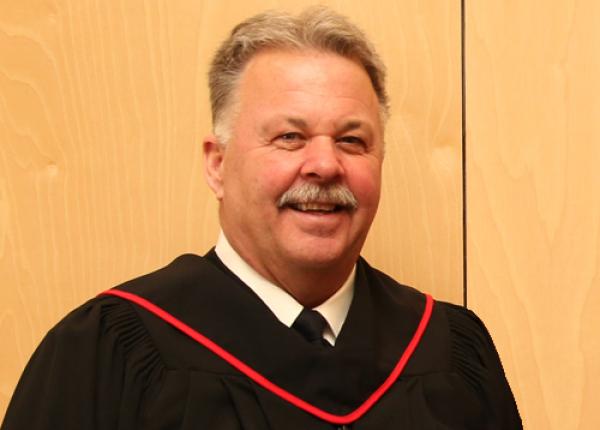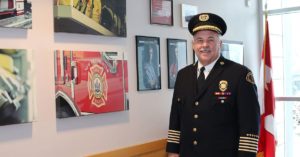Province to attack spongy moths, but not looper moths in 2022

Western hemlock looper moth (Mackin)
Bob Mackin
The Ministry of Forests is awaiting approval to stop the spongy moth, formerly known as the gypsy moth, in eight municipalities.
But there will be no program to eradicate the Western Hemlock looper moth, which could ravage the North Shore and turn forests an orange hue again this summer.
“The Ministry isn’t planning to do any spraying for looper this year, nor did we last year,” said a statement from its communications office. “Most of the infestations falls in the management responsibility of Metro Vancouver and we are not aware of any treatment plans.”
According to Jesse Montgomery, Metro Vancouver water services environmental manager, dramatically fewer moths were observed in summer 2021. He said the moth cycle peaked in 2020, but forest monitoring will continue in 2022.
The ministry is, however, planning to battle spongy moth larvae by using the biological insecticide Bk (Bacillus thuringensis variety kurstaki), the active ingredient in Foray 48B, to spray isolated areas of Burnaby, Surrey, Mission, Langley, Chilliwack, View Royal, Nanoose Bay and Cowichan Lake between mid-April and the end of June. Foray 48B is only toxic to the stomachs of caterpillars, and prevents harm to forests, fruit orchards and urban trees.
The government’s spongy moth spraying program follows the trapping of 98 male moths in the eight specific areas.
Western hemlock loopers attack their namesake as well as Douglas fir and western red cedar trees. “When populations are high, looper caterpillars also feed on other hosts such as subalpine fir, amabilis fir, grand fir and spruce,” said a September 2021 briefing note to Minister Katrine Conroy from provincial entomologist Jeanne Robert, obtained under freedom of information.
The briefing note said localized outbreaks were observed in 2019 in the Sunshine Coast’s Rainy River and Brittain River drainages and the Capilano, Seymour and Coquitlam watersheds. Outbreaks can last three to four years, meaning 2021 may have been the last or the penultimate year of the cycle.
“The Ministry received a number of inquiries from residents of North Vancouver and West Vancouver, municipalities (District of North Vancouver and West Vancouver), Metro Vancouver (watersheds), the Powell River Community Forest, B.C. Timber Sales in Sunshine Coast District and Western Forest Products (FL 39). They all expressed concerns about the impacts of this outbreak,” said the briefing note.
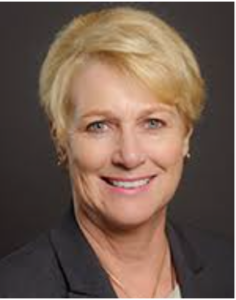
NDP Minister Katrine Conroy BC Leg)
Historically, the Ministry has not attacked loopers from the sky and, based on 2019 and 2020 defoliation, aerial application of Bk was not deemed necessary on crown lands. The provincial forest entomologist’s July 2021 detailed survey of 2019 and 2020 looper outbreaks confirmed the outbreak had not extended past Pitt Lake.
The looper moth populations build and crash every 11 to 15 years. Trees typically survive light to moderate defoliation, but growth reduction, top kill and tree mortality are the worst-case scenarios. Patchy mortality can recharge eco systems by allowing younger trees to emerge.
“Looper populations fluctuate based weather conditions, the level of natural parasitoids (insect larvae that feed on a host, eventually killing it), and the level of naturally occurring viruses and/or predators. No management or treatment is recommended at this time.”
Support theBreaker.news for as low as $2 a month on Patreon. Find out how. Click here.
[caption id="attachment_12030" align="alignright" width="300"] Western hemlock looper







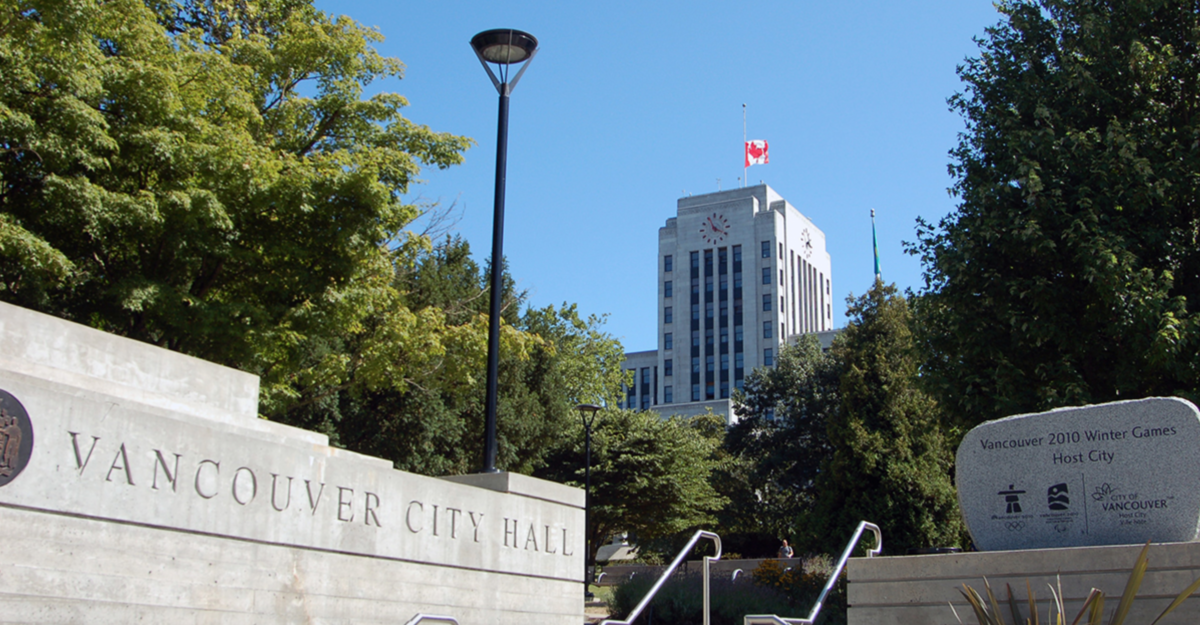
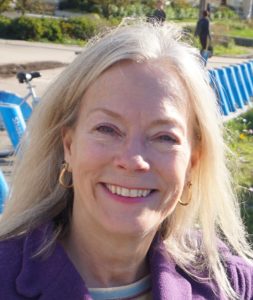
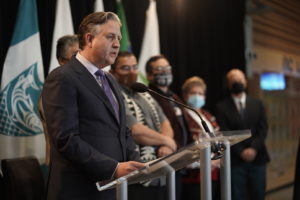
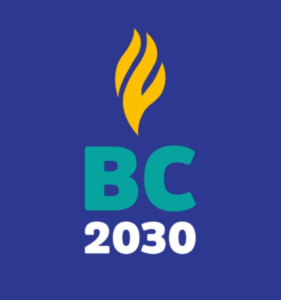

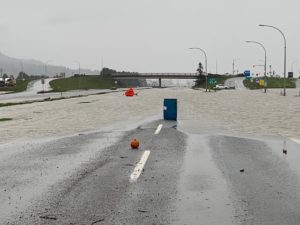
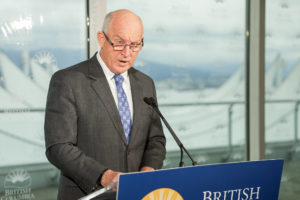
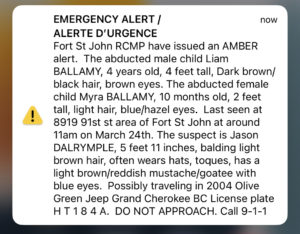
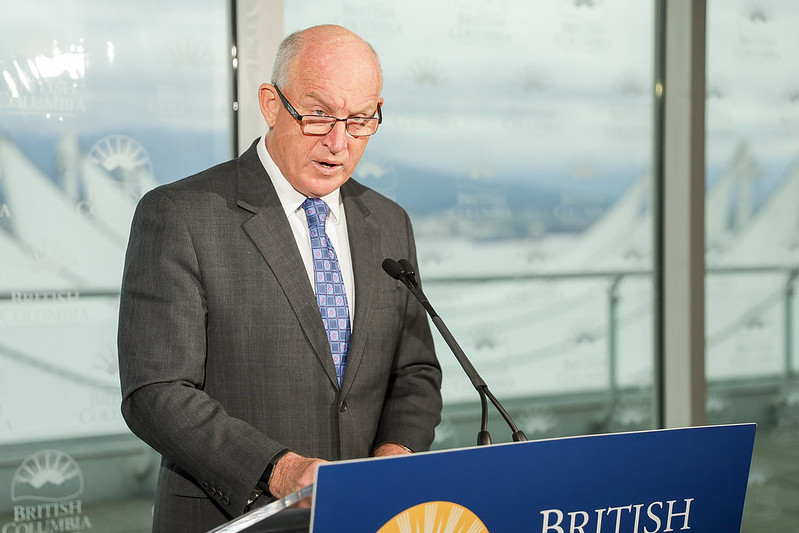
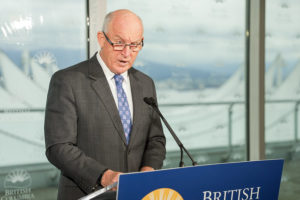
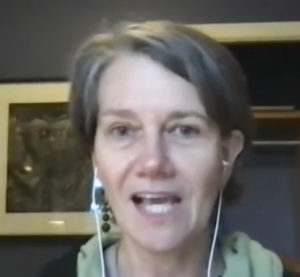
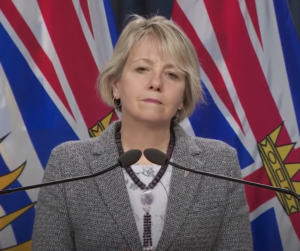
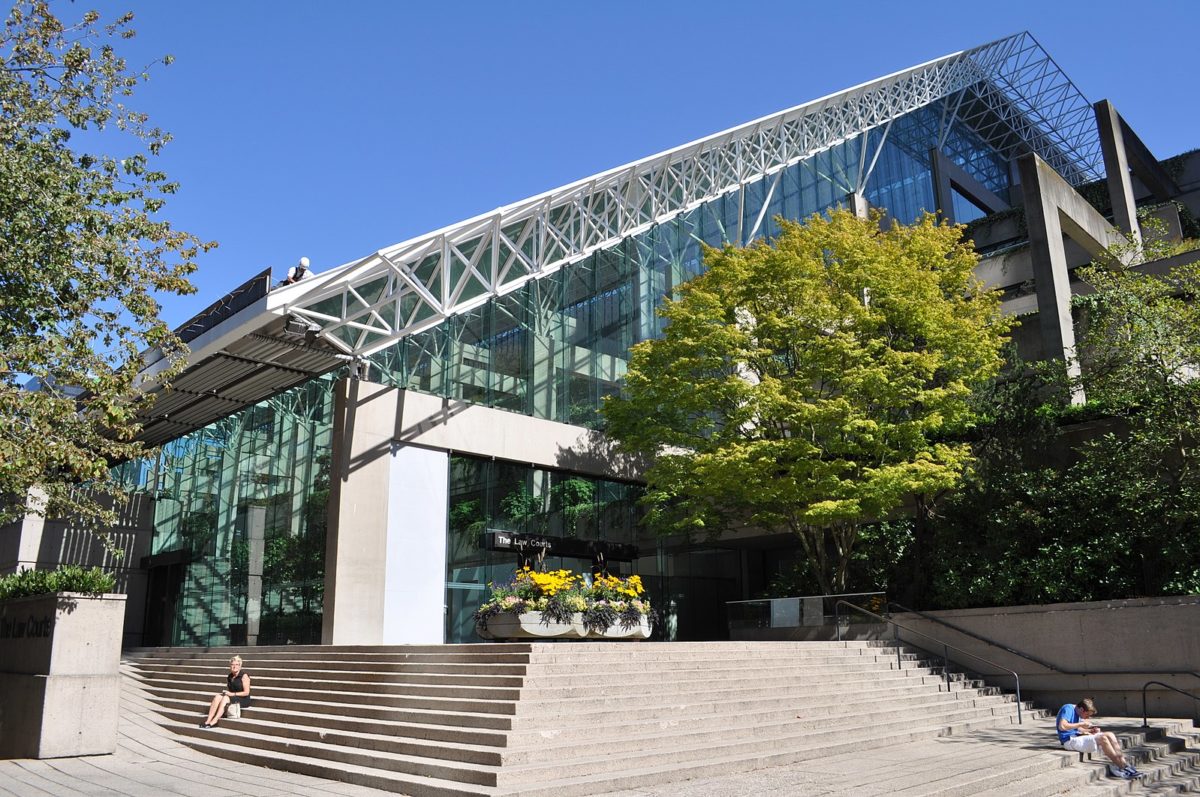

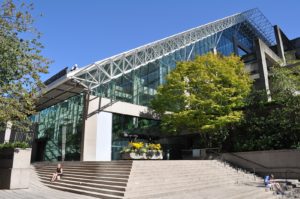



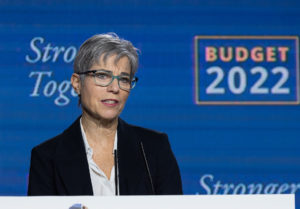



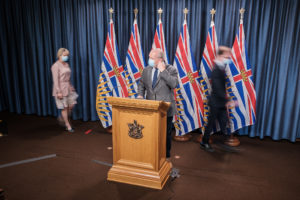


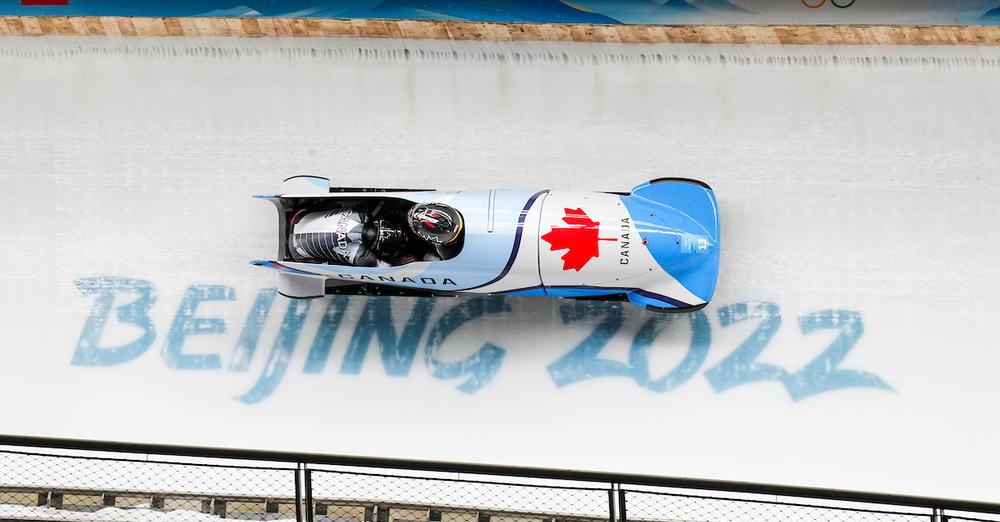
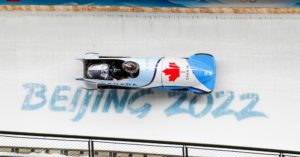
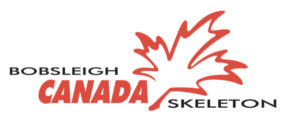 It said that BCS blames lack of funding for the systemic problems, but the athletes allege “gross mismanagement, poor planning, inefficiency, and cronyism.” BCS, they say, “should not be able to hide behind the lack of funding as justification for the environment and culture that it has created.”
It said that BCS blames lack of funding for the systemic problems, but the athletes allege “gross mismanagement, poor planning, inefficiency, and cronyism.” BCS, they say, “should not be able to hide behind the lack of funding as justification for the environment and culture that it has created.”